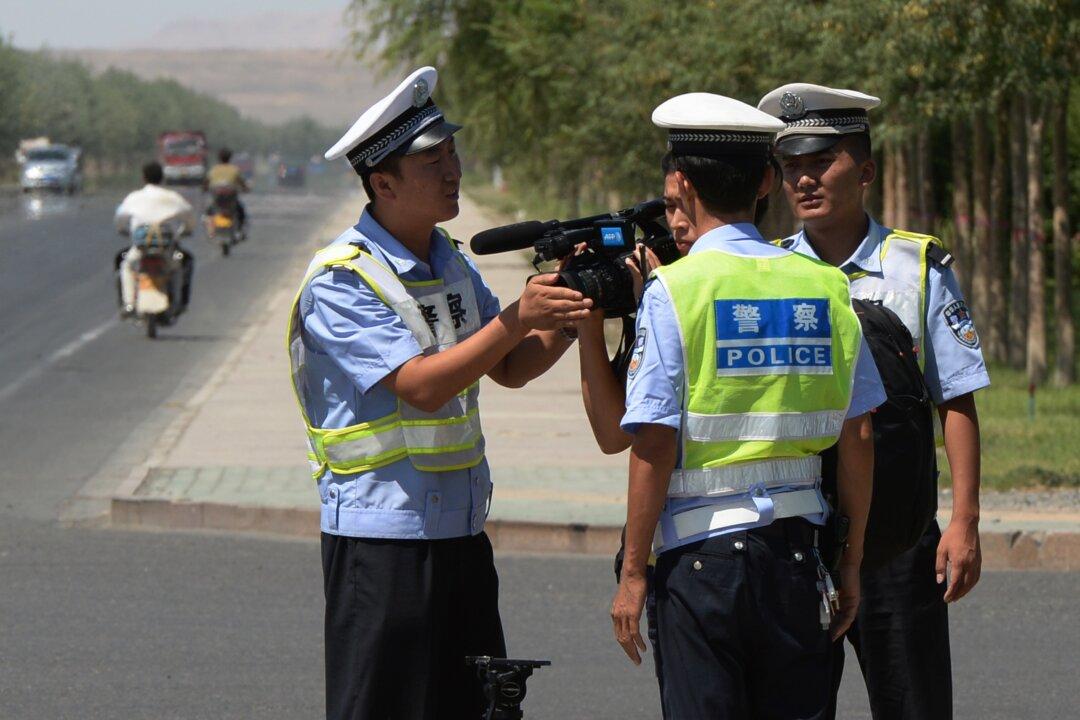Commentary
Under the Chinese Communist Party’s (CCP) new anti-spying law, normal business activities may be considered spying, resulting in foreigners being banned from entering or exiting China.

Under the Chinese Communist Party’s (CCP) new anti-spying law, normal business activities may be considered spying, resulting in foreigners being banned from entering or exiting China.